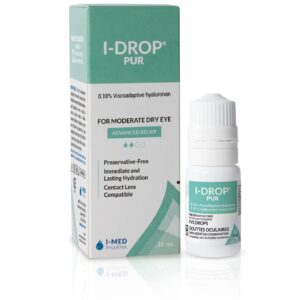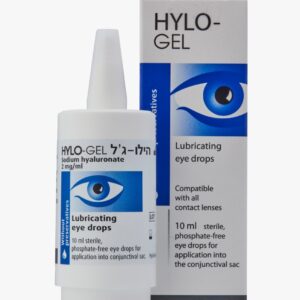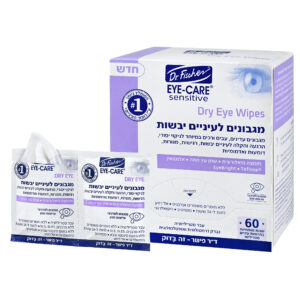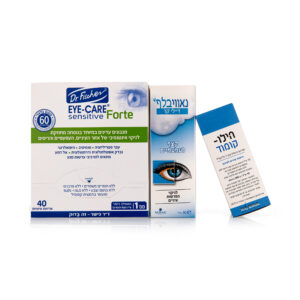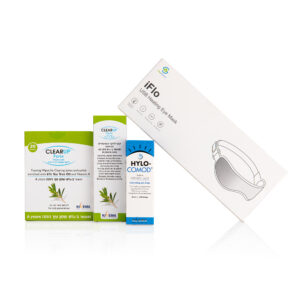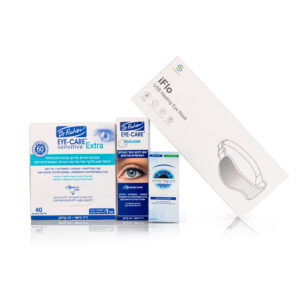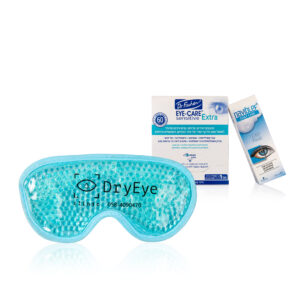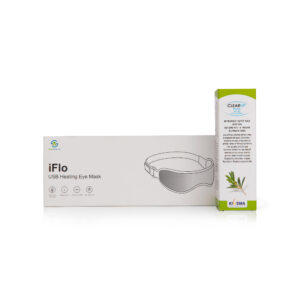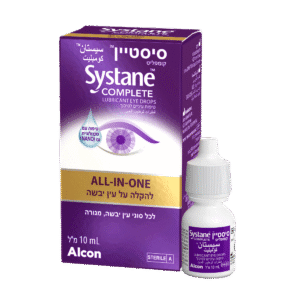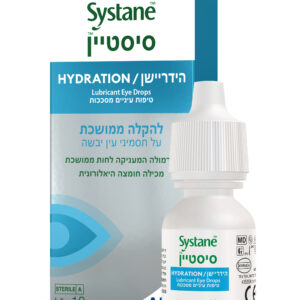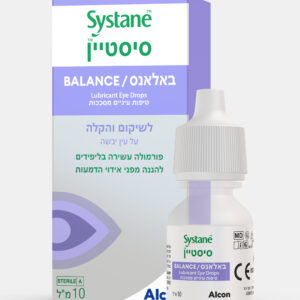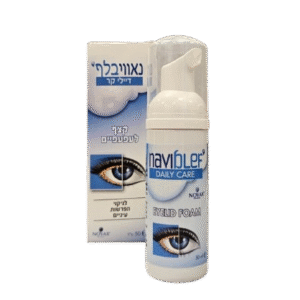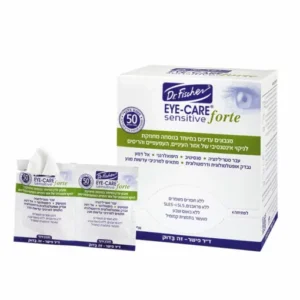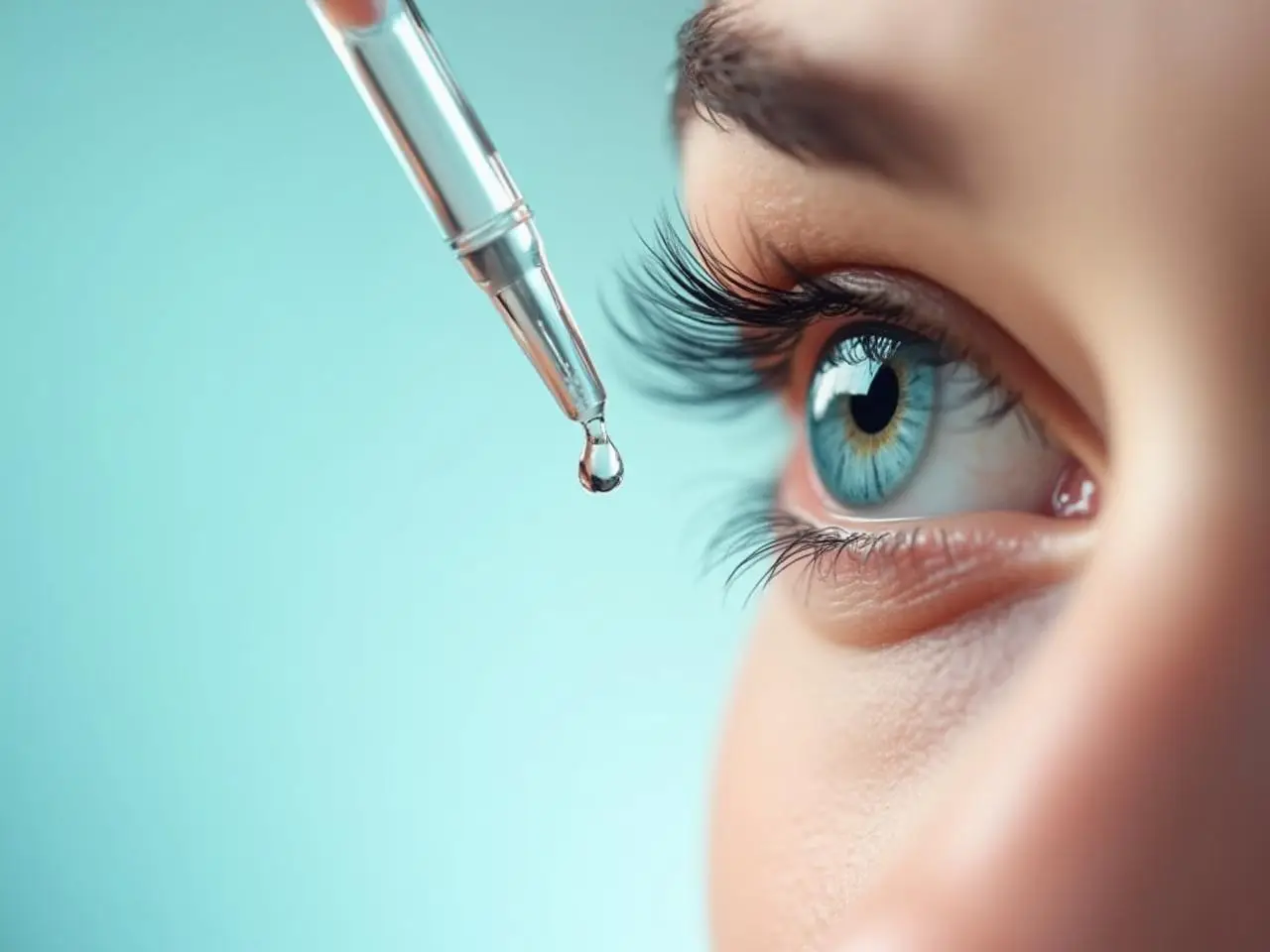
טיפות דמעות – מה זה ולמה משתמשים בהן?
טיפות דמעות הן תמיסות רפואיות או קוסמטיות שמטרתן להקל על
Sjögren's syndrome is a chronic autoimmune disorder that affects different parts of the body, mainly the eyes and mouth. While the disease may not be as widely recognized as other autoimmune conditions, its impact on patients' quality of life can be significant. In this article we will delve into the intricacies of Sjogren's syndrome, focusing on its relevance to the world of ophthalmology and beyond.

Sjögren's syndrome is estimated to affect between 0.1% and 0.6% of the general population, making it one of the most common autoimmune diseases. It mainly affects women, almost 9 times more than men. Onset of symptoms usually occurs between the ages of 40 and 60, although it can develop at any age. Interestingly, there is evidence to suggest that environmental factors, such as viral infections, may play a role in the onset of the disease in genetically predisposed individuals.
The underlying cause of Sjögren's syndrome is an overactive immune system that mistakenly attacks the body's own tissues. In this condition, the immune system targets the glands that produce tears and saliva, leading to symptoms of dry eyes and dry mouth. Over time, this immune response can also affect other organs and tissues, such as the joints, skin and kidneys. The exact mechanisms that trigger this autoimmune response are not fully understood, but ongoing research is shedding light on the complex interplay of genetic, environmental, and immunological factors involved.
The main symptoms of Sjögren's syndrome revolve around dryness, especially in the eyes and mouth. Patients may experience:
In addition to these hallmark symptoms, patients may also experience:
Diagnosing Sjögren's syndrome can be challenging due to its varied and non-specific symptoms. A comprehensive evaluation by a healthcare professional is essential, and may include:
Although there is no cure for Sjögren's syndrome, various treatment options can help manage symptoms and improve quality of life:
Sjögren's syndrome is a complex autoimmune disorder that poses challenges to both patients and healthcare providers. While it primarily affects the eyes and mouth, its systemic nature requires a multidisciplinary approach to management. Early diagnosis, personalized treatment plans and ongoing support are essential in navigating the complexities of this condition, encouraging patients to maintain quality of life and effectively avoid complications. If you or someone you know is experiencing symptoms that indicate Sjogren's syndrome, it is essential to seek medical attention as soon as possible for a comprehensive evaluation and to receive a personalized treatment plan.

טיפות דמעות הן תמיסות רפואיות או קוסמטיות שמטרתן להקל על
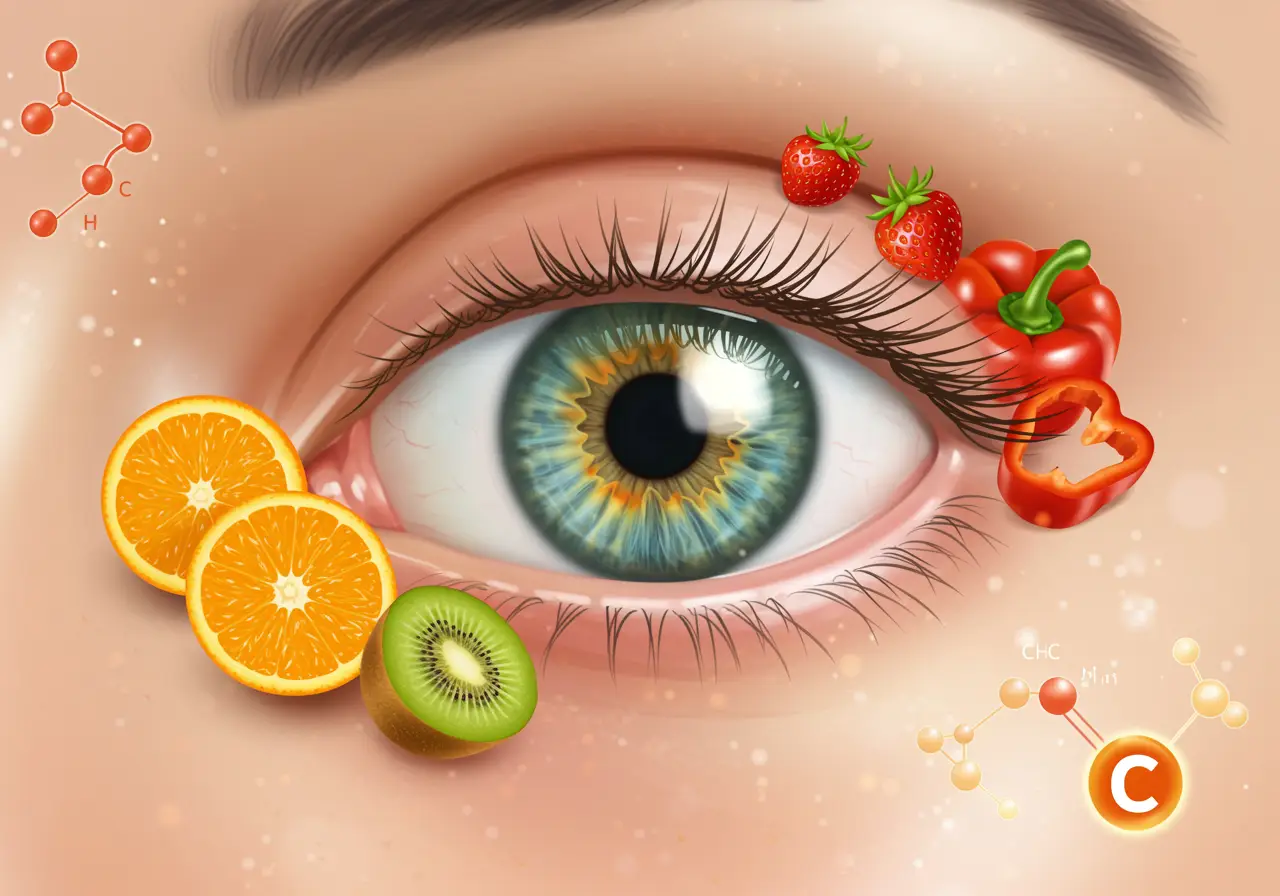
ויטמין C הוא אחד הוויטמינים החיוניים ביותר לבריאות העיניים, הודות

מרכז מומחים לאבחון וטיפול מתקדם בתסמונת העין היבשה ומחלות פני שטח העין
